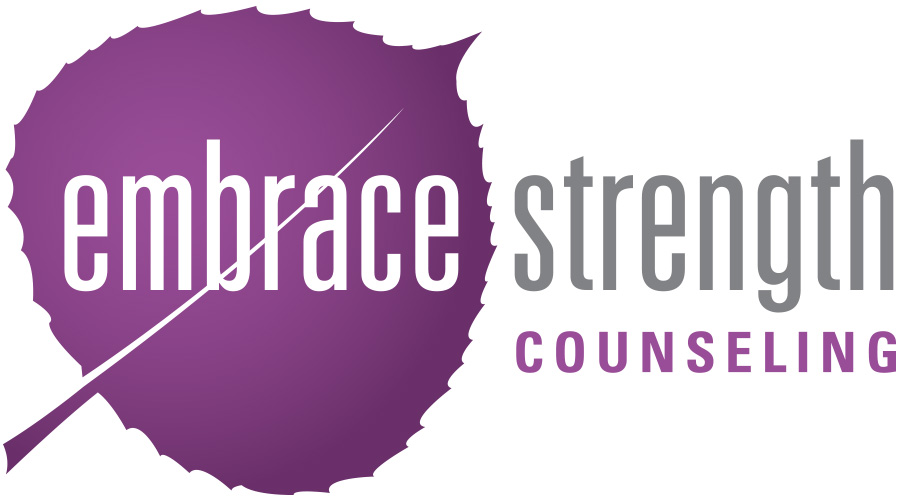In the last three posts, I have focused on how I approach the different stages of therapy in my practice – this post in the series focuses on the final stage of ending the therapeutic relationship.
 Upon entering therapy, many people wonder how long therapy will last or how they will know when our work together is finished. There is no absolute answer to these questions. The duration of therapy depends on many factors, including but not limited to:
Upon entering therapy, many people wonder how long therapy will last or how they will know when our work together is finished. There is no absolute answer to these questions. The duration of therapy depends on many factors, including but not limited to:
- Your therapeutic goals
- Your therapeutic progress
- The therapeutic relationship
- The issue(s) or problem(s) for which you are seeking therapy
- Your level of motivation and participation in the therapeutic process
- Your prior experiences and how long you have been struggling with the current issue/problem
- Your approach to therapy (i.e. are you looking for a safe space to process and talk through things or are you action-oriented and focused on specific outcomes?)
I believe that therapy can be helpful to anyone and I personally return to my own therapy periodically when I am wanting extra support or to explore something that has come up for me. I’ve worked with people who intend to engage in some level of therapy for the rest of their lives and I’ve worked with other people who come in with a very specific goal and once they’ve met that goal – sometimes in as few as 5 sessions – they wrap-up therapy for the time being. I provide these examples to illustrate the broad range of possibility that therapy can entail. There is no right or wrong way to approach therapy!
So how will you or I know when our work together is done (for the time being)? I approach this question collaboratively through an open dialogue between myself and the client. One thing to keep in mind is that, as the client, you have the right to end therapy at any time. Typically, I find that it becomes pretty clear to both of us when we are nearing the end of therapy and generally therapy concludes when the client no longer feels he or she needs the additional support to move forward in his or her life.
Ending the therapeutic relationship is a process and is an important stage of therapy in and of itself. Often times in our lives – when a relationship ends – it doesn’t occur in a healthy and healing way. Concluding the therapeutic relationship can be incredibly healthy and healing. I ask my clients to, if at all possible, let me know when they are thinking of ending therapy. This allows us to end the relationship therapeutically – by focusing on strengths and reviewing the progress you made during our work together.
Finally, the end is never the absolute end. It is not a sign of failure if, at some point, you choose to return to therapy. In fact, it is a sign of strength and commitment to yourself if, when you need additional support, you seek it out. So even if we decide to take a break from therapy or we end our work together – you are always welcome back to therapy at any point in the future.
To learn more about the previous stages of therapy, check out my posts on the FREE initial consultation, the first session, and the second session and beyond.
Are you currently looking for a therapist? To schedule an appointment, contact me today at catherine@embracestrengthcounseling or visit my website for more information about my services.
Photo courtesy of www.freedigitalphotos.net


i have the same views on therapy. No matter how tough we are, there will be times, at some point of our lives that we can be vulnerable and would need not a friend or a family member but a therapist to help us deal with our emotions and problems. Sometimes it’s a relief to talk to somebody you are not related nor close with. Someone who will not judge you.
Hi Doris,
Thanks for dropping by and commenting! I think you summarized one of the main benefits of therapy nicely – talking to somebody you are not close to or related to and someone who is non-judgmental. Friends and family members can be important sources of support and therapy offers a different type of support! If you haven’t already, you may be interested in checking out this blog post about that very subject!
i have been therapy for very many many years. I wish it will end but as long as i still am unwell its not like i have a choice. but luckily now it seem to be ending. finally all the pieces that were floating around me have been creating the incredible image of all the abusive and dysfuntional institutions i have passed through.
Just last week, 15 years on advent of therapy. i was able to calmly and quietly acknowledge that to be sincere before god and men… my family was always a hoax. and that since birth…. i always was alone in my things. all those visits to long distance 20km away churches for a 9 year old boy alone through bushes, the high school that nobody ever visited to see where i sleep and the clothes my mother never bought. I am 40 and it has taken really long to know that.
But it has also set me free.
I am psychologically free. For i was always free of them from birth. only one way or another i just couldn’t see that.
How long should therapy take. Sometimes the therapy itself will tell us.
bless everyone..